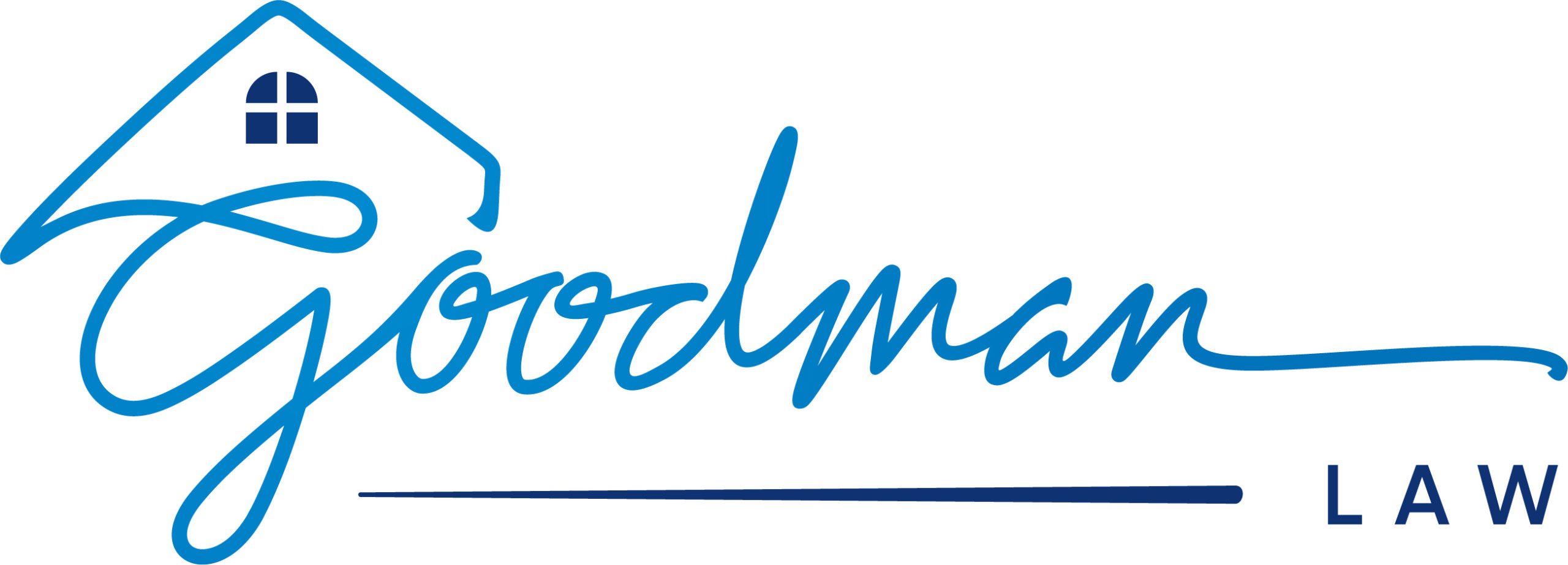Homeowners associations (HOAs) ensure that neighborhoods remain consistent, clean and well cared for. Unfortunately, the process of running an HOA can become bogged down with homeowner concerns, complaints and unchecked bureaucracy. Sometimes, homeowners, whether acting together or individually, may decide to sue their HOA board. When this occurs, it could cause substantial financial pain for the HOA itself, or for the board members personally. Some lawsuits may even result in the disbandment of an HOA.
Thankfully, there are a number of steps that HOA board members can take to reduce the likelihood of their board getting sued. Consulting with an HOA attorney in Arizona can help you ensure that your local HOA board is in compliance with all relevant rules and regulations, and help you avoid the negative effects of a lawsuit. Here are just a few practices that often result in lawsuits that you can learn to avoid:
- Upkeep failures:
One of the primary reasons that HOAs are sued is because they’ve failed to keep up a property or asset properly, particularly after some kind of natural event. To avoid this type of lawsuit, HOAs should use their bylaws to clearly delineate repair and maintenance schedules, and keep up with them as robustly as possible. Condo associations are particularly vulnerable to lawsuits resulting from upkeep failures, because all of the residents live in a common building. - Plan denials:
Another common source of lawsuits against HOAs is plan denials, or when an HOA doesn’t approve plans that a homeowner has submitted for renovating, adding on to or otherwise changing their property. Like upkeep failures, clearly establishing universal standards in bylaws can help HOAs avoid lawsuits that are spurred on by plan denials. Laying out architectural requirements, landscaping requirements and more in simple, easy-to-interpret language can help your HOA reduce the likelihood of facing a lawsuit. - Discrimination:
Unfortunately, many HOAs don’t fully understand the legal implications of the Americans with Disabilities Act (ADA) and other similar pieces of legislation. Some HOAs may refuse to allow disabled residents to construct mobility ramps, or refuse to grant permission to residents hoping to park specialized vans outside their homes. Learning about the most current legal requirements can help HOAs avoid these kinds of lawsuits. - Election disputes:
HOAs are, at the end of the day, the lowest level of local government. Because many residents see HOAs as the type of government they can influence most directly, election campaigns can be heated; recalls and recounts are all too common. HOAs can help stave off lawsuits induced by election disputes by consulting with an HOA attorney in Arizona prior to conducting an election.
Since 2010, the Goodman Law Group has been providing HOAs across Arizona with dependable, high-quality legal advice. You can count on our friendly, knowledgeable associates to provide you and your HOA with expert representation in a wide variety of legal matters. If you’re looking for a trustworthy local HOA attorney in Arizona, look no further than the Goodman Law Group.
